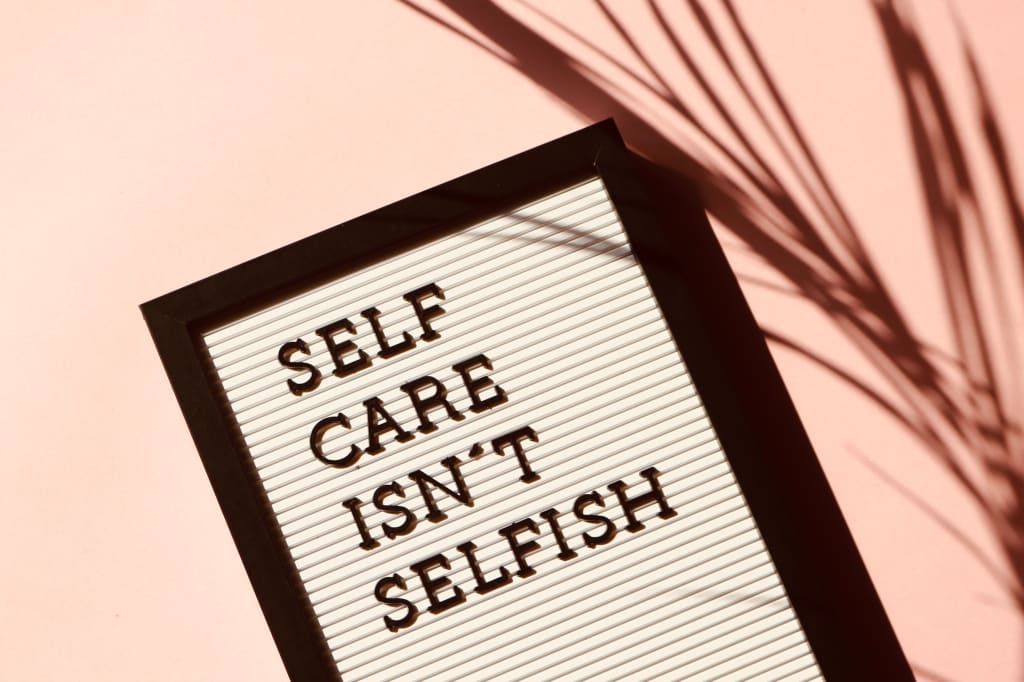Mind Over Matter: Understanding and Improving Mental Health
From Therapy to Self-Care: Strategies for Managing Mental Health Issues and Promoting Wellness

Understanding Mental Health
Mental health refers to a person's overall emotional, psychological, and social well-being. It encompasses a wide range of issues, including mood disorders such as depression and anxiety, personality disorders, and schizophrenia.
Mental health is an important aspect of overall health and well-being. It affects how we think, feel, and behave, and can have a significant impact on our relationships, work, and daily life.
Mental health can be influenced by a variety of factors, including genetics, environment, and life experiences. It's important to understand that mental health can change over time and that it's possible to experience mental health issues at any point in our lives.
It's also important to understand that mental health is not a binary state - it exists on a spectrum. People can have good mental health but still experience mental health issues from time to time.
The Importance of Therapy in Mental Health
Therapy is a valuable tool for addressing mental health issues. It involves working with a trained therapist to explore thoughts, feelings, and behaviors and to develop coping strategies and skills to improve mental well-being.
Therapy can help individuals to understand and manage their symptoms, and can also provide support and guidance to help them make positive changes in their lives.
There are a wide variety of therapy approaches, including cognitive-behavioral therapy (CBT), which focuses on the relationship between thoughts, feelings, and behaviors, and helps individuals to change negative patterns of thinking; psychodynamic therapy, which focuses on the unconscious mind and past experiences; and humanistic therapy, which focuses on self-exploration and personal growth.
Therapy can be beneficial for a wide range of mental health issues, including depression, anxiety, post-traumatic stress disorder (PTSD), and eating disorders, among others.
The Impact of Stigma on Mental Health
Stigma is a significant barrier to individuals seeking help for mental health issues. It refers to the negative attitudes, beliefs, and stereotypes that society holds about mental health issues and those who experience them.
Stigma can lead to individuals feeling ashamed, guilty, or embarrassed about their mental health issues, which can discourage them from seeking help. It can also lead to discrimination and social isolation, which can further worsen mental health.
It's important to understand that mental health issues are common and nothing to be ashamed of. They are not a sign of weakness or a character flaw, but rather a result of complex interactions between biological, psychological, and social factors.
Strategies for Improving Mental Health
Improving mental health involves a combination of self-care, therapy, and medication.
Self-care strategies include getting enough sleep, eating a healthy diet, exercising regularly, and avoiding substance abuse. It's also important to engage in activities that bring joy and to make time for relaxation and stress-management.
Therapy can provide the support and guidance needed to understand and manage mental health issues, and medication can be beneficial for certain mental health issues.
In addition, connecting with others, whether it's through support groups, friends, or family, can be a valuable way to improve mental health.
The Importance of Early Intervention in Mental Health
Early intervention is crucial when it comes to mental health. The earlier a person receives treatment, the more effective it is likely to be.
Early intervention can include therapy, medication, and self-care strategies, as well as support from friends, family, and support groups.
It's important to be aware of the warning signs of mental health issues, such as changes in mood, behavior, or thinking, and to seek help as soon as possible. Warning signs of mental health issues include feeling sad, hopeless, or anxious for an extended period of time; losing interest in things that were once enjoyed; changes in sleep or eating habits; and difficulty concentrating or making decisions.
Early intervention can also help to prevent mental health issues from becoming more severe and can help individuals to maintain a higher quality of life. It can also prevent the development of comorbidities, which is when an individual experiences more than one mental health issue at the same time.
It's important to remember that seeking help for mental health issues is a sign of strength, not weakness. It takes courage to acknowledge that something is not right and to take steps to improve your mental well-being.
In conclusion, mental health is an important aspect of overall health and well-being, and it's important to understand that it can change over time. Therapy, self-care, and medication can all be effective in improving mental health. Early intervention is crucial when it comes to mental health and it's important to seek help as soon as possible. The earlier a person receives treatment, the more effective it is likely to be. It's important to break the stigma and understand that mental health issues are common, and nothing to be ashamed of.





Comments
There are no comments for this story
Be the first to respond and start the conversation.